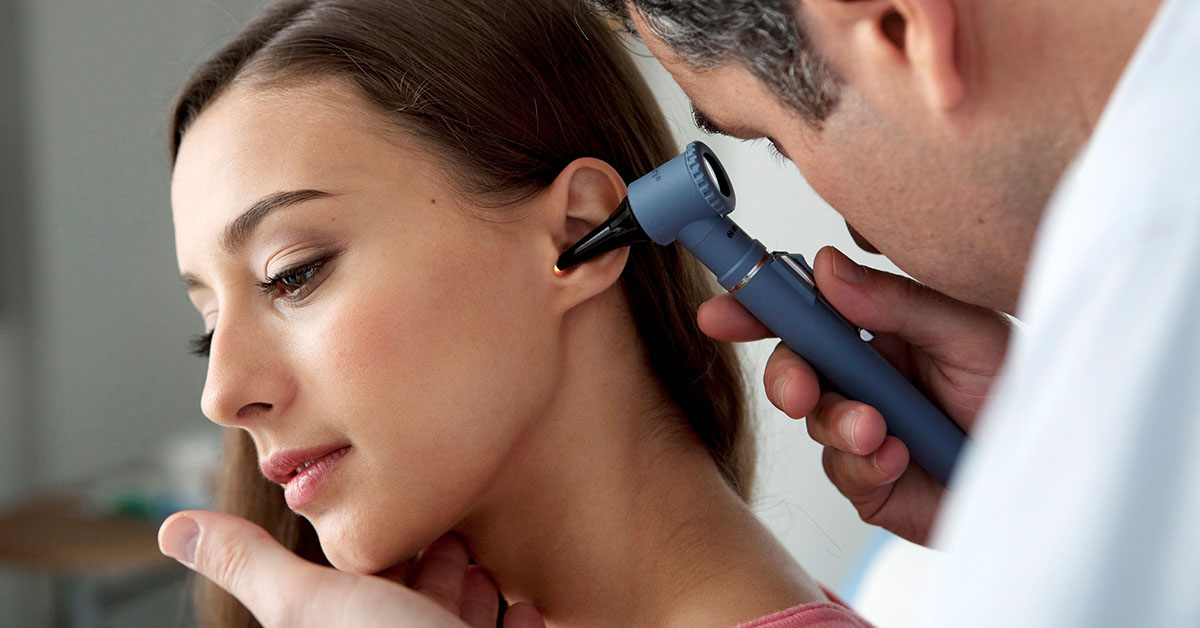
What is Sensorineural Hearing Loss?
Sensorineural hearing loss (SHL) is sometimes referred to as sudden sensorineural hearing loss or sudden deafness. SHL happens when you suddenly lose your hearing, most commonly in only one ear.
SHL can occur suddenly or it can develop over multiple days. Every year in the United States, approximately 4,000 individuals are diagnosed with SHL. Most individuals with this condition are between the ages of 30 and 60.
Causes of Sensorineural Hearing Loss
When the inner ear, cochlea, or nerves that connect the ear to the brain sustain damage, you face SHL. SHL can have a multitude of different causes including the following:
- Damaged hair cells in the inner portion of the ear.
- Inner ear abnormality.
- Damaged auditory nerve or portion of the brain that deals with hearing.
- Chemotherapy or radiation exposure.
- Genetic predisposition to SHL.
- Trauma to the outer, middle, or inner ear.
- Head injury.
- Over exposure to excessively loud sounds.
- Neurological conditions.
- Auto-immune diseases.
- Meniere or Lyme disease.
- Blood vessel issues.
- Abnormal tissues or benign tumors.
Symptoms and Diagnosis of Sensorineural Hearing Loss
Most individuals (about 9 out of 10) suffer SHL only in one ear. As SHL is generally the result of some other underlying cause, the symptoms can vary depending on the cause, and from individual to individual. Some of the symptoms can include the following:
- Difficulty understanding or hearing people in conversations, especially when background noise is present.
- Normally sharper, more distinguishable sounds will now sound muffled, or people in conversation will sound as if they're mumbling.
- Dizziness or loss of balance (vertigo).
- Ringing or buzzing noise (tinnitus).
If you suffer from these symptoms, visit your ENT specialist for a thorough examination of your condition, family history, and hearing tests.
Treatments for Sensorineural Hearing Loss
Due to the multiple potential causes of SHL, your ENT specialist will likely attempt to treat the underlying cause initially. Treatments for the SHL symptoms commonly involve steroids that reduce swelling and inflammation.
Antibiotics may also be prescribed if your ENT specialist determines that an infection has played a role in the condition. In more severe cases that cannot be treated without surgery, a cochlear implant may be surgically inserted into the ear to help increase sound levels.

